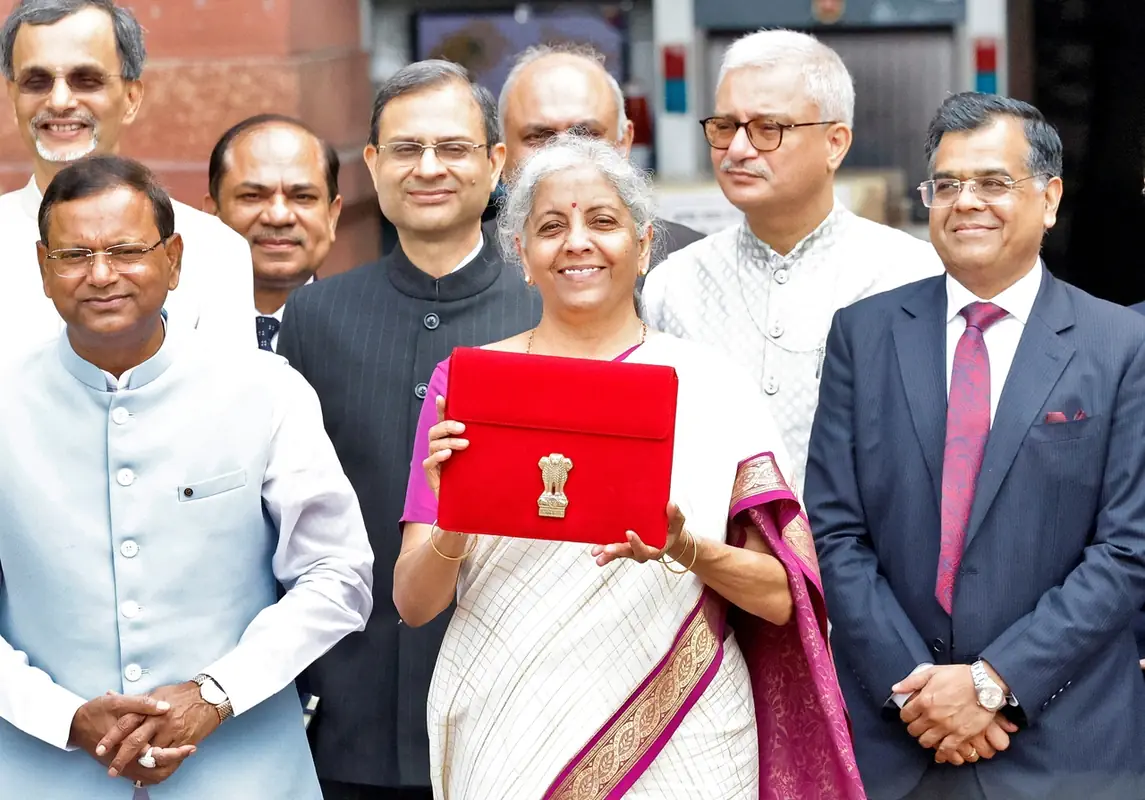A major step in this regard to help pensioners financially the Indian government has moved a proposal of raising the tax deduction of family pension from ₹15,000 to ₹25,000. Budget speech of the Finance Minister Nirmala Sitharaman for the Union Budget 2024-25 had this announcement.
The given proposal should be useful to hundreds of thousands of pensioners and their families, improving their well-being in the rather challenging conditions of rising inflation and unemployment.
An Insight into Family Pension and Why it Matters
Since family pensions created a life-time revenue for the families of the deceased government employees and pensioners, they are very important. These pensions are critical source of income for those who have none, namely widows and dependent of non-working civil servants.
The current corridor for deductions for allowances stands at ₹15,000, and there has been a request from many pensioners, stating that they require enhancement of this allowance to cater with flowing inflation rate to the present control in living expense rates.
Proceeding on the following Key Highlights of the Proposal:
Increased Deduction Limit:
Proposed to increase the tax deduction for family pensions from ₹15,000 to ₹25,000 is a 66 percent raise. 67% rise. This change has an objective of reducing the tax wedge and offering pensioners more quantity of money.
Broader Tax Relief Measures:
Apart from the above family pension deduction, there is a proposal to raise the existing income tax exemption limit for the salaried persons from ₹50,000 to ₹75,000. This change is intended to allow more taxpayers to better manage their economic conditions, thus would be beneficial for more individuals.
Impact on Taxpayers:
Collectively, these changes are expected to give a conservation win of up to ₹17,500 a year in the pockets of taxpayers. This is more so for those who have led to the new tax system if which although its rates are lower than the older one, it has fewer deductions. Thus, raising the standard deduction and the family pension deduction is the primary goal of the authorities to make the new tax system more popular.
The increase in the family pension tax deduction is poised to have several positive implications for pensioners:The increase in the family pension tax deduction is poised to have several positive implications for pensioners:
Enhanced Financial Security:
As the inflation rate continues to increase accompanied by the booming prices of various products especially those in the urban setting, the extra ₹10,000 goes a long way in tax deduction. Such a benchmark increase is expected to assist pensioners to better deal with the costs of services and goods including; health, shelter and other daily necessities.
Support for Dependents
Some elderly people are still having families with children and other elderly parents which they have to support from their pensions. The extra amount of deducible will in turn empower them to spend more money on their dependents and general quality of life.
Encouragement for Compliance
In this case, through reducing the complicated structure of taxes as well as raising the extent of deductions, the government lays pressure on pensioners to complete their tax returns. This could boost the compliance levels and possibly widen the tax net.
Government’s Commitment to Pensioners
This proposal embodies the continued government’s political will in providing care for pensioners and their dependents. It also recognizes that this population experiences certain difficulties especially with relation to the current inflation and unpredictability of the economy.
Thus, by improving the opportunities for tax deductions, the government wants to guarantee pensioners a decent existence and protect their dignity.
The proposal to enhance the ceilings limit of tax deduction for family pension is indeed a move that the pensioners all over the Indian would appreciate. Raising the deduction limit to ₹25,000 is a great move made by the government toward the reduction of loopholes that have put several servant of the nation financially handicapped.
Thus, analyzing the work of budget proposals in complex economic conditions, it is important to control their results and effects on the pensioners and their families during discussions of such relevant issues.
This move is not only an implication of a need to encourage support for the elderly people but also show the government’s direction towards developing an efficient system of taxation that is noble to every level in the society.

